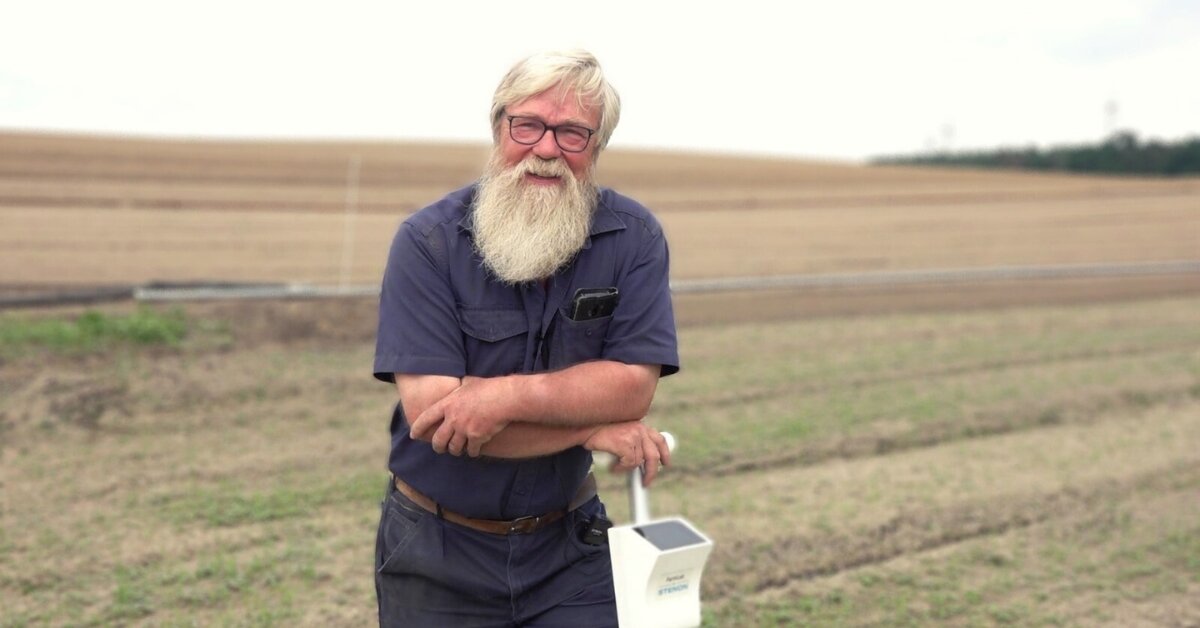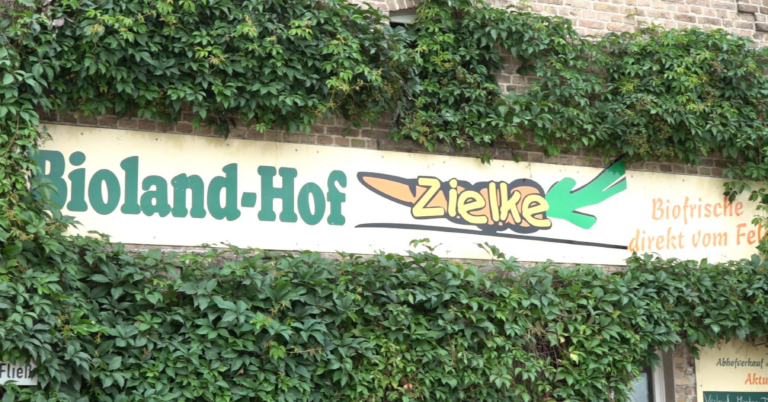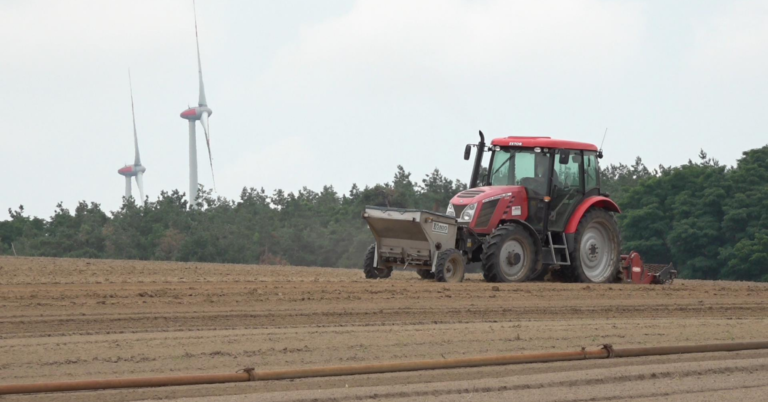
Customer Success Story: Karl-Georg Zielke, Bioland-Hof Zielke

With over 45 years of experience in agriculture, organic farmer Karl-Georg Zielke has always embraced innovation. In the 1990s, he transitioned to organic farming and now runs a 40-hectare operation across two locations near Vierlinden, Brandenburg, alongside his family. His farm produces vegetables, herbs, and potatoes under Bioland standards. For the past year and a half, cutting-edge digital soil analysis technology has played a crucial role in his operations. Access to real-time, accurate nutrient data is a key factor in managing his farm efficiently and sustainably, allowing for precise fertilization of diverse soils across greenhouses and open fields.
Challenge
Traditional laboratory soil analyses come with significant limitations: high costs due to additional fees for extra tests and long waiting times for results—sometimes several weeks. These delays are incompatible with the short harvest cycles of Zielke’s farm. While mandatory lab tests remain part of his process, Zielke has long supplemented them with his own nitrogen-level analyses. However, conventional methods proved cumbersome and time-consuming.
"The old sampling equipment was a hassle. Taking samples, mixing solutions—it was a lengthy process. But those days are over. Now, we rely solely on the FarmLab. It’s faster and far more precise," recalls Zielke.

Solution
In 2020, Karl-Georg Zielke began using Stenon’s mobile FarmLab device, one of the first farmers to adopt this innovative technology. With FarmLab, farmers can conduct unlimited real-time soil analyses with laboratory-level precision—all for a fixed price.

The process is remarkably simple. There’s no need to extract soil samples or handle chemical solutions. Instead, Zielke inserts the device’s sensor directly into the ground. The advanced sensor system instantly measures nutrient levels on-site, while the accompanying software analyzes the data and presents it in an intuitive web app.
"You head out to the field, and the results are either immediately available on the screen or, if the internet connection is weak, ready when you return to the office. This allows us to act right away. We take measurements before each crop rotation, apply the necessary fertilizer, and move on. It’s perfect," says Zielke.
Results
FarmLab has brought significant improvements to the Bioland Zielke farm. Its speed and ease of use enable Zielke to perform far more soil analyses than before, providing a much clearer understanding of his farm’s nutrient needs. Unlike traditional methods that rely on averages, FarmLab delivers precise, site-specific data for a wide range of parameters, including Nmin, magnesium, pH levels, and SOM content.
"With the wealth of data, we have a much better overview of nutrient availability, which allows us to apply fertilizers more accurately. This prevents both under-fertilization and over-application," Zielke explains.
This data-driven approach has reduced fertilizer costs while boosting yields. In greenhouse cultivation, avoiding nutrient deficiencies is particularly critical, as even minor shortages can significantly impact crop performance.
We save a considerable amount on fertilizers since we no longer apply them ‘just in case.’ The investment in FarmLab quickly pays off. FarmLab is an excellent tool. We use it extensively, wouldn’t want to be without it, and can highly recommend it,
The success story of Bioland Zielke demonstrates how cutting-edge technologies like FarmLab can enhance modern organic farming. It highlights how digital solutions with cost-effective pricing models empower smaller farms to adopt data-driven strategies, balancing efficiency with sustainability.
"The use of FarmLab at the Bioland Zielke farm perfectly illustrates how the latest technology can complement sustainable farming practices. It’s a prime example of how digital tools can help farms of all sizes, particularly smaller operations, optimize their processes while preserving resources. Efficiency and sustainability go hand in hand here," says Niels Grabbert, Founder and CEO of Stenon.